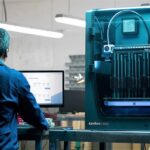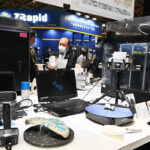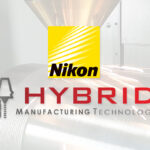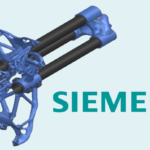ASIA ELECTRONICS INDUSTRYYOUR WINDOW TO SMART MANUFACTURING
TRUMPF's 3D Printing Opens up New Applications
High-tech company TRUMPF recently made improvements to its 3D printing software TruTops Print. Particularly, users can now print parts with extreme overhang angles as low as 15 degrees without requiring support structures.
TRUMPF will be showcasing its new technology at EMO, the world’s leading trade fair for production technology, which will be taking place in Hannover, Germany.
“The latest version of TRUMPF’s TruTops Print software eliminates the need for virtually all support materials, which ultimately means quicker builds and lower material consumption,” says Lukas Gebhard, process development engineer for additive manufacturing at toolcraft.
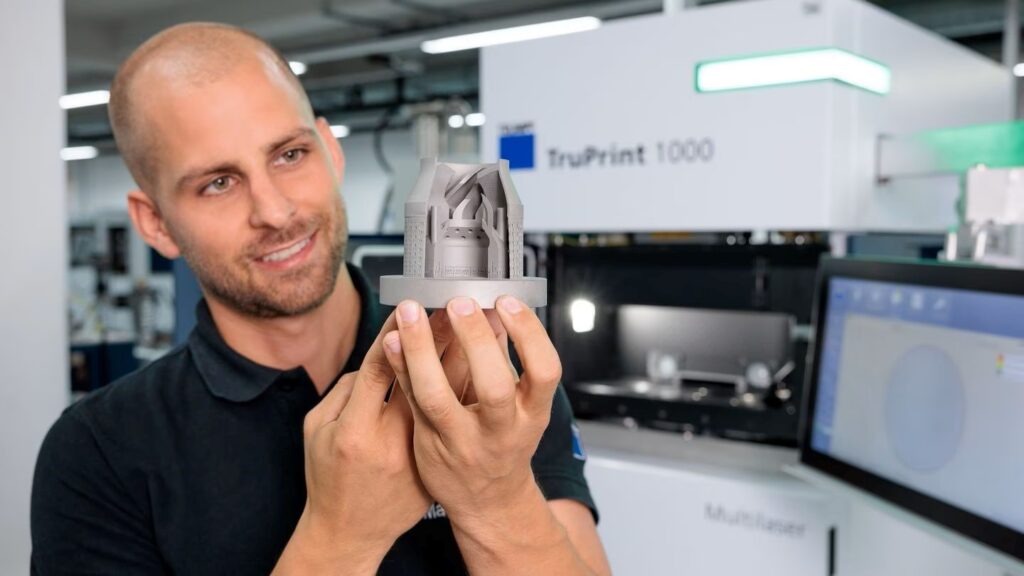
In addition, Gebhard said, “Support-free printing gets parts close to their final shape. It opens the door to parts and projects that were previously impossible, such as the near-net-shape manufacturing of large-diameter internal cooling channels.”
Previously, users had to print support structures together with the part to anchor the part to the build platform. These structures also serve to dissipate heat from the printed part and prevent internal tensions and deformations during printing.
However, TRUMPF’s innovative new technology means it is possible to carry out 3D printing applications without support. Moreover, even when tackling hard-to-process materials such as stainless steel.
Software opens up new 3D printing strategies
Timo Degen, product manager for additive manufacturing at TRUMPF, said 3D printing a part means a user needs as much control as possible and where the material melts and solidifies again. Furthermore, Degen said, “The skill lies in choosing the right exposure strategies to prevent internal tensions and overheating in the overhang region.”
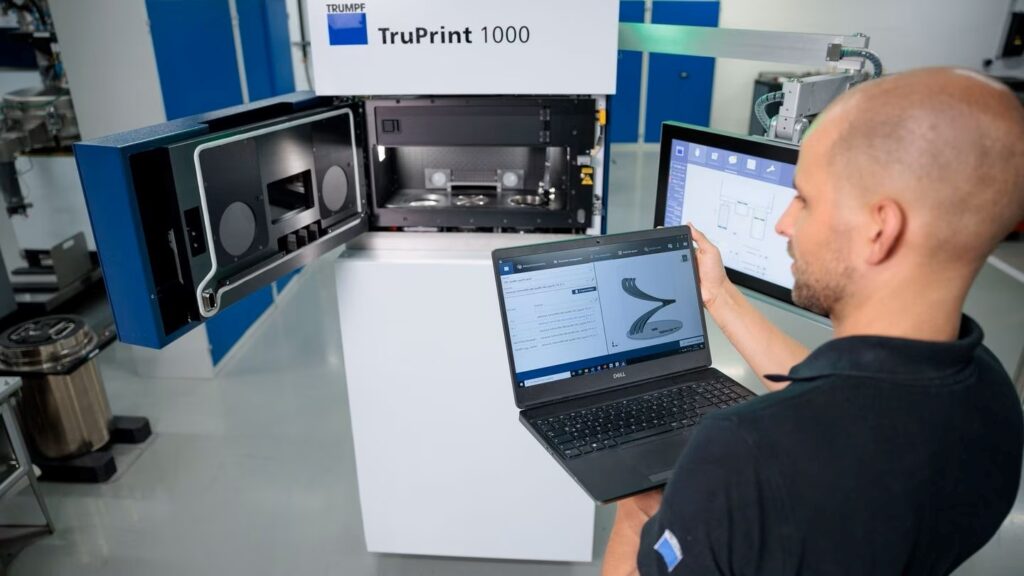
TruTops Print enables the 3D printer to use the optimum printing strategy for each different area of the part, thus eliminating the need for support structures. At the same time, the improved gas flow of TRUMPF’s new 3D printers caters to uniform processing conditions and support-free printing.
Support-free 3D printing opens up new applications
“Users from any industry can benefit from the ability to 3D print parts without support. The advantages of support-free printing are particularly appealing for parts that feature large cavities or challenging overhangs,” says Degen. Examples include tanks, heat exchangers, hydraulic blocks, and tool molds.
Moreover, the new technology also opens up new applications that couldn’t be properly exploited. Especially, when support structures were still necessary, including areas such as additively manufactured radial compressors and shrouded impellers.
Previously, manufacturers were unable to print support-free impellers due to their overhang angles. “The need for support meant that 3D printing wasn’t an economically viable alternative to conventional manufacturing. But now things are different,” says Degen.

